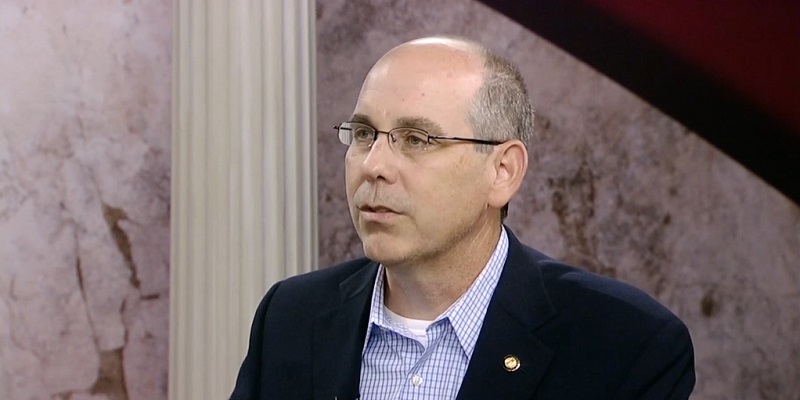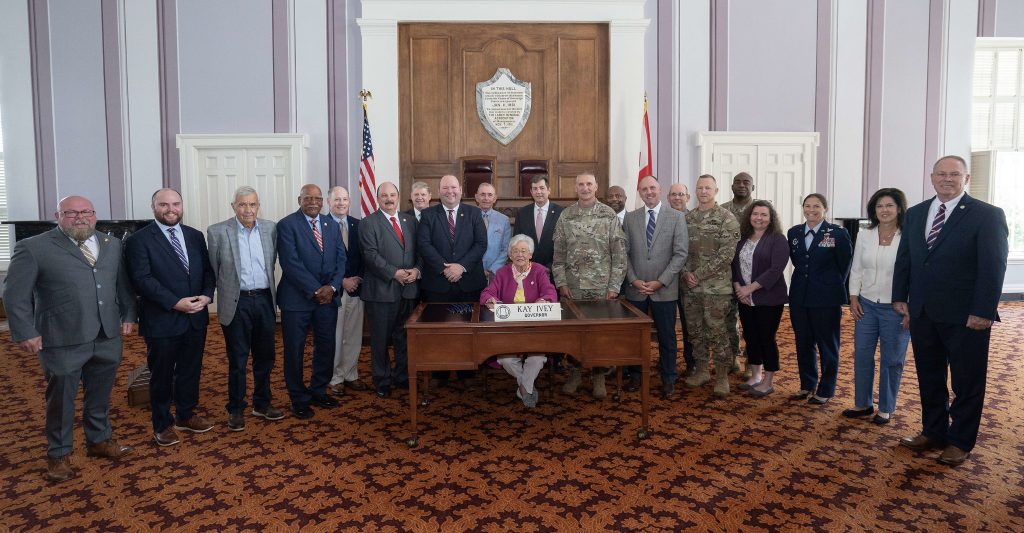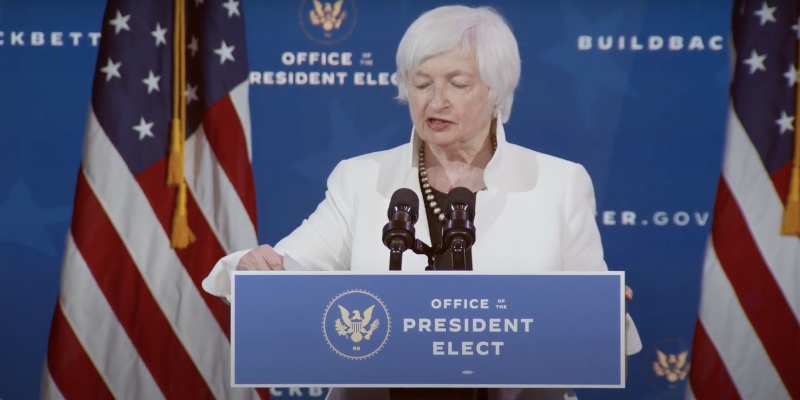Two of Alabama’s major cities, Montgomery, the capital city of Alabama, and Tuscaloosa, home of the University of Alabama, are connected by what has been known since the late 1940s as U.S. Highway 82.
Originally, the route was concurrent with U.S. Highway 31 across the Alabama River, where it split in Prattville just north of Montgomery and is now concurrent with Interstate 65. Beyond that, over the last decade, improvements have been made near where it breaks away from I-65 to what is known as the Prattville Bypass.
However, beyond Prattville headed northwest to just outside of Centerville in Bibb County, where the road widens to a four-lane bypass completed in 2015, U.S. Highway 82 has remained a two-lane thoroughfare through western Autauga and Chilton Counties and into Bibb County throughout its history.
Part of the justification for the Rebuild Alabama Act’s passage in 2019 was to make improvements to the Prattville bypass portion of U.S. Highway 82. During an appearance on Mobile radio FM Talk 106.5’s “The Jeff Poor Show,” State Sen. Clyde Chambliss (R-Prattville) discussed that project’s progress.
“That particular project — it has some delays,” he said. “But it should be being bid in the next month or so. And then hopefully this spring, early summer, we’ll start seeing that project move forward. A couple of other major projects have already started. So, it’s just a time thing. A few years down the road, we’ll look back, and they’ll be many many big projects, good projects that will benefit our state, benefit the economics of our state.”
Chambliss also commented on the seemingly slow process of completing highways that is presently in place. He attributed that to more consideration given to environmental concerns and used the original construction of Highway 82 as an example.
“It definitely takes more time,” Chambliss explained. “Let’s take, for example, if you travel Highway 82 between Prattville and Tuscaloosa. You know that road goes right through the middle of some swamp. Well, back in the day, they made provisions and went right through the middle of it. We would never do that these days. We would avoid those environmental situations, avoid whatever we can. So those things take time, and there are obviously federal requirements on that as well.”

The Autauga County lawmaker also spoke about how the Rebuild Alabama Act has allowed counties to avoid some of the burdensome requirements of federal money by shifting funds around to give county governments the ability to expedite some projects.
“Those remind me of a reason we shifted the county money to federal aid money — we shift it back to the state and then replaced it with state-only dollars,” he added. “That is one of the reasons they’re able to get out ahead or faster than some of the state projects because they’re no longer subject to those federal requirements and federal processes on all of the projects. They’re state processes and state requirements. That is one of the major benefits of the Rebuild Alabama Act — getting those dollars on the county roads much faster and with a lot less red tape. The state is going to have to go through it anyway. It made a lot of sense for us just use that money at the state level and then replace it with state dollars so that counties and cities don’t have to do that.”
@Jeff_Poor is a graduate of Auburn University and the University of South Alabama, the editor of Breitbart TV, a columnist for Mobile’s Lagniappe Weekly, and host of Mobile’s “The Jeff Poor Show” from 9 a.m.-12 p.m. on FM Talk 106.5.













